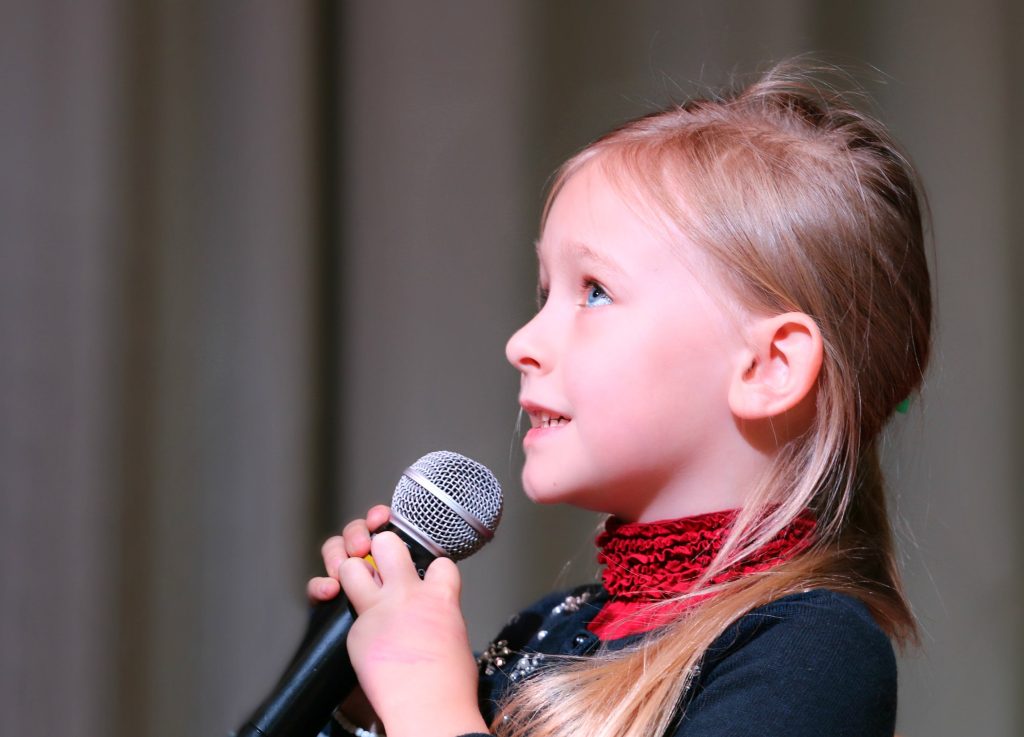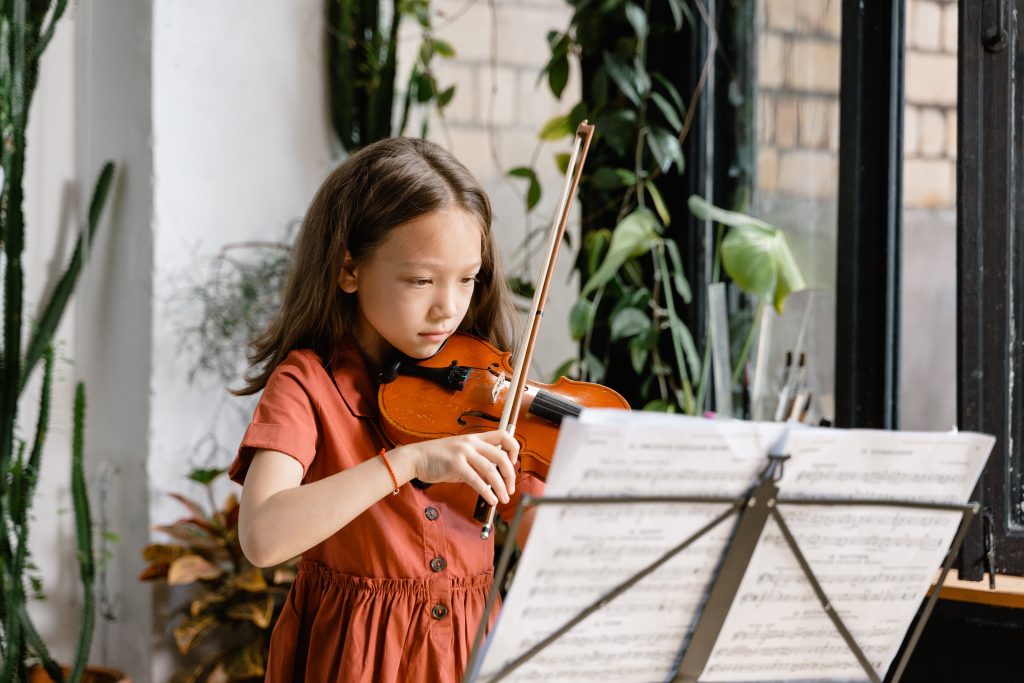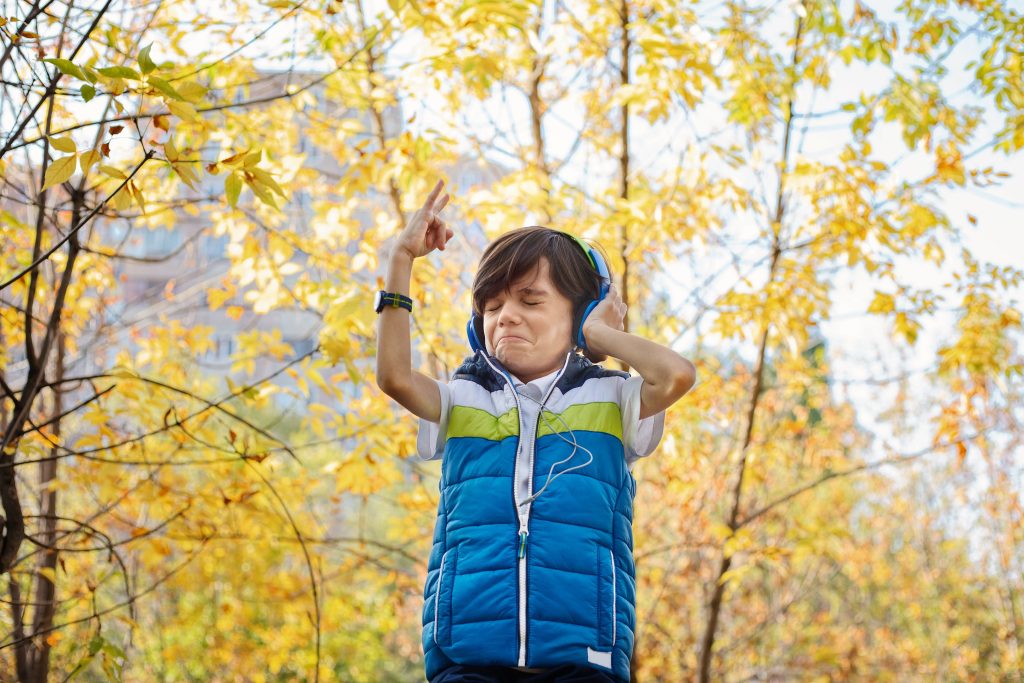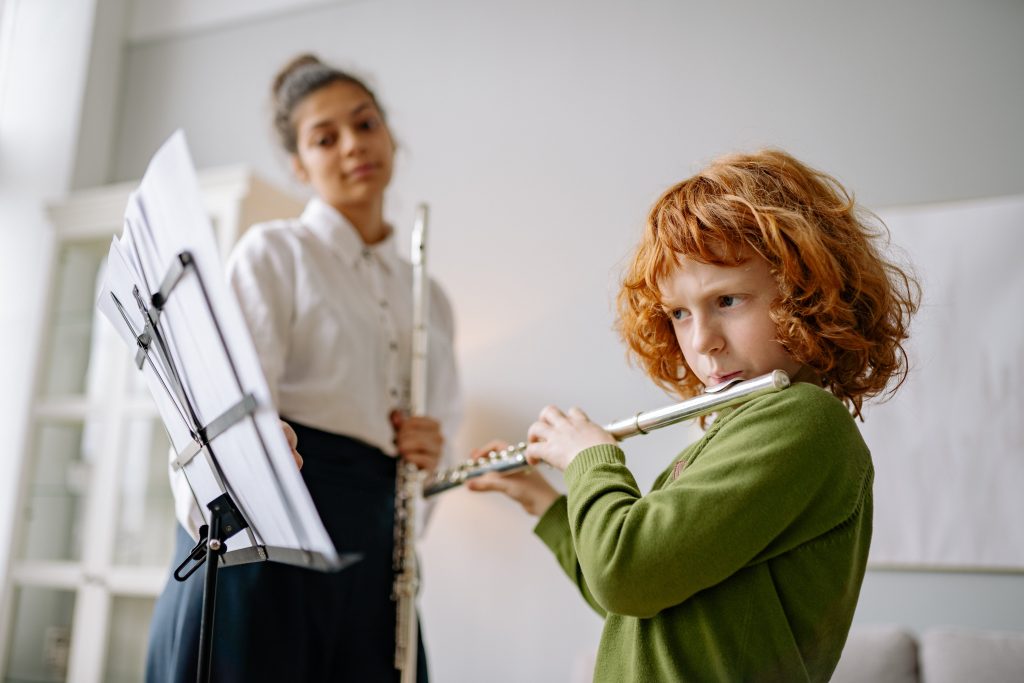
It has long been known that music is an effective aid for cognitive growth, and that effect is amplified for youngsters. Music can fascinate young brains, engage their senses, and build the groundwork for their cognitive, emotional, and social development. It can be anything from calming lullabies to exuberant sing-alongs. This article delves into the intriguing connection between music and kids, highlighting how melodies can support and nourish developing brains.
- The Power of Rhythm and Melody.
- Enhancing Language and Communication Skills.
- Boosting Cognitive Abilities.
- Emotional Expression and Social Development.
- Music as a Therapeutic Tool.

Melody and rhythm, which are fundamental to music, significantly influence children’s growth. Songs’ repetitive melodies and rhythmic patterns aid in developing children’s motor skills, coordination, and sense of time. On the other hand, melodies arouse their aural senses, enhancing their capacity to identify and differentiate between various tones, pitches, and noises.

In addition to being an artistic medium, music helps children develop their verbal skills. Children learn to identify linguistic patterns, have better pronunciation and articulation, and are exposed to a vast vocabulary through singing nursery rhymes and simple songs. Furthermore, children’s communication abilities are fostered by the repetition and rhythmic structure of songs, which facilitate word and phrase memorization and recall.
Several studies have demonstrated the beneficial effects of music on kids’ cognitive development. Engaging with and listening to music can improve creativity, problem-solving abilities, memory, and attention span. The intricate interactions between diverse musical elements stimulate different brain regions, fostering the development of neural connections and cognitive progress. These cognitive advantages are further enhanced by taking up musical activities in groups or learning to play an instrument.
Children can communicate their feelings and establish deeper connections with others through music, which is a universal language. Children gain emotional intelligence and empathy by using music to recognize and communicate a wide range of emotions. Together, singing or playing music develops social skills that are vital for their future relationships and interactions. It also encourages cooperation, teamwork, and social engagement.
Beyond its cognitive and emotional benefits, music also serves as a therapeutic tool for children with special needs or those facing various challenges. Music therapy is effective in improving motor skills, enhancing communication, reducing anxiety, and promoting emotional well-being in children with developmental delays, autism, or other disabilities. The power of music to soothe, engage, and uplift makes it an invaluable resource in therapeutic settings.


